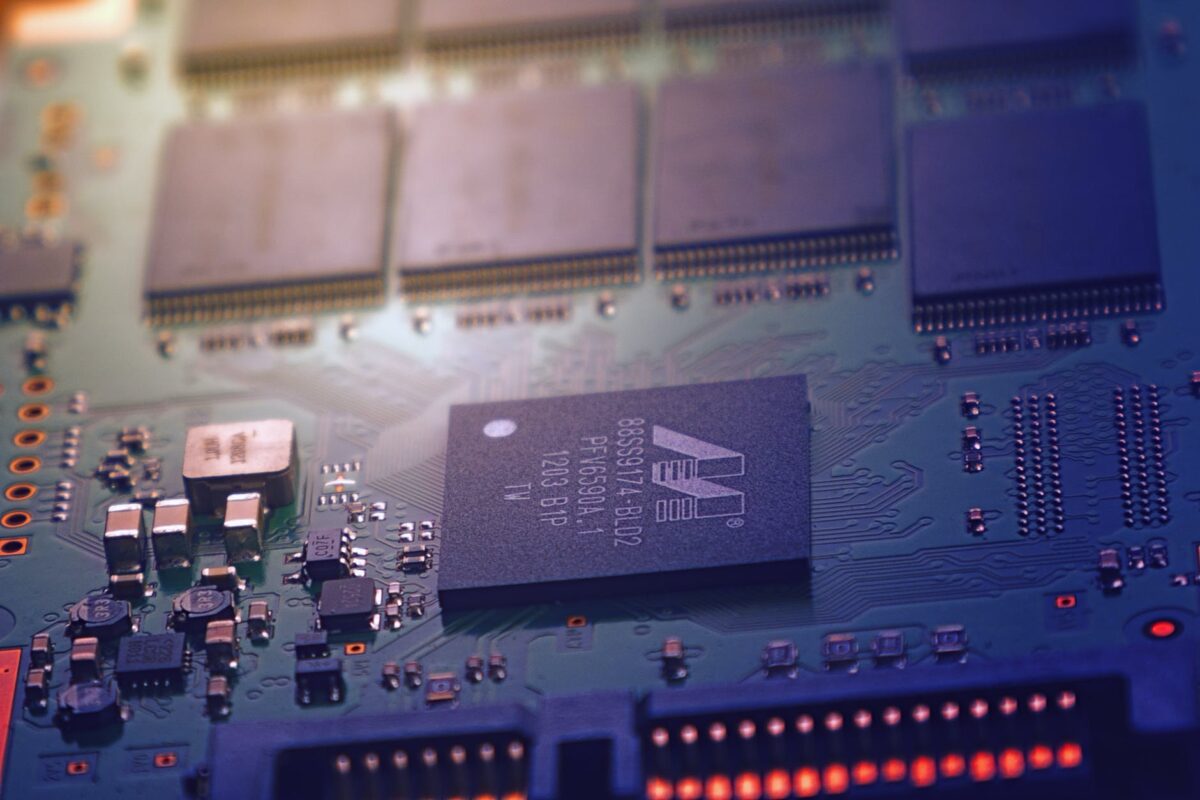Chips shortage limits auto production in Brazil and the rest of the world
“Never seen anything like it,” Tesla’s Elon Musk tweeted last month about the global chips shortage, “Fear of running out is causing every company to overorder – like the toilet paper shortage, but at epic scale.”
If you want a prime example of the chips shortage, look to Brazil.
In 2020, the automotive industry in Brazil was hit hard by chip shortages and the coronavirus pandemic. Approximately 1.61 million passenger cars were made in 2020, a decrease of over 34% compared to the following year.
2021 got off to a flier… then grounded
2021 got off to a much better start for Brazil, with 1.14 million passenger cars leaving the production line in in the first half of the year, a 57.5% increase compared to the same period last year. However, production has hit a ceiling.
Brazil’s Association of Automotive Vehicle Manufacturers, ANFAVEA, has disclosed that because of chip shortages, Brazil missed its target for automotive production in the first half of 2021, and the numbers cited are startling.
According to ANFAVEA, some 100,000 to 120,000 passenger cars were prevented from entering production by the chips shortage. In June, only 166,947 passenger cars were made, the worst figures of any month in the last 12 months.
Manufacturing limitations created by the chips shortage have been compounded by the coronavirus pandemic. Brazil has seen 19.8m coronavirus cases with a 2.8% mortality rate, sadly resulting in over 500,000 deaths.
The biggest factories are struggling in Brazil
More than 20 plants in Brazil run by the likes of Volkswagen, Mercedes-Benz, General Motors, Nissan, Toyota, Renault, Volvo, Scania and Honda have shut down temporarily in 2021 because of the chips shortage and the pandemic.
At the beginning of June, Volkswagen halted operations at two Brazilian plants amid the chips shortage for 10 days. The company said, “A significant shortage of semiconductors is resulting in several supply bottlenecks.”
Then, in July, Hyundai Motor temporarily halted the operations of its Brazil plant due to the chips shortage. The closure was the first in the Piracicaba plant’s history, raising the alarm over chip shortages in the automotive sector.
What next for the Brazilian automotive sector?
Figures show that in the first half of 2021, the Brazilian automotive sector had a strong rebound on 2020. However, water has been thrown over the fire towards the middle of the year, due to chip shortages across the sector.
Local manufacturers expect to see some relief after August as manufacturing plants catch up, but manufacturers are uncertain about when the supply chain will normalize.
How’s morale among big companies? Sombre, to say the least.
IBM says the chip shortage could last two years, while Intel Intel’s chief executive, Pat Gelsinger, thinks it could stretch into 2023.
Dell’s CEO echoes these sentiments, “The shortage will probably continue for a few years. Even if chip factories are built all over the world, it takes time.”
So, whichever way we look, and whichever experts we ask, the global chip shortage is showing no signs of abating. For Brazil’s auto manufacturers, making supply meet demand will be the biggest test of the last few decades.
Need Electronic Components?
When you need to source hard to find electronic components quickly because of allocation, long lead times, obsolescence, or quality issues, contact Lantek for a fast response to your enquiries and a reliable on time delivery. Email Sales@lantekcorp.com or call 1-973-579-8100 today.



